Jazz died in 1959. At least, that’s what New Orleans trumpeter Nicholas Payton wrote in 2011 as part of a series of tweets that riled jazz lovers the world over.
It later transpired that he meant jazz the word (which, he reckoned, was ‘a label forced upon musicians’) rather than jazz the genre. Semantics aside, Payton struck a chord. He fired up what many people for many decades have assumed to be an ever-shrinking band of jazz aficionados.
In fact, there has been an increasingly cool end to the jazz catalogue in America for at least the past 20 years. Pianist Robert Glasper and saxophonist Kamasi Washington are two figureheads of this stateside jazz renaissance, which is characterised by a liberal use of synthesisers and drum machines.
In the UK, ears have taken longer to prick up beyond all but the most committed circles. Now, though, a jazzy storm is blowing through Britain. Some say it started in 2003 on London’s Portobello Road, at Mau Mau Bar. A weekly night called Jazz Re:freshed began offering a space apart from the stalwarts of the London jazz scene — the likes of Ronnie Scott’s and the 606 Club in Chelsea. Here, players were free to experiment and perform as they wished.
Around the same time, digital recording and publishing technology meant that musicians could capture and share material. Since winning an Arts Council grant in 2014, Jazz Re:freshed has turned into a label which promotes this body of work all over the world.
‘Jazz is having its time in the sun,’ says Justin McKenzie, the label’s artistic director. He attributes this in part to the fact that jazz has learned from rock and pop, where artists seek to brand themselves: ‘It’s not enough just to put music out. You need to be the music, you need to represent the music.’
The eclectic range of styles that Jazz Re:freshed set out to champion now defines the UK jazz scene. Seed Ensemble, which has strong Afrobeat underpinnings, was nominated for a Mercury Prize last month, and many more groups featuring influences ranging from Indian folk to ‘dark dub’ are playing at summer festivals.
Renowned DJ and impresario Gilles Peterson has given a push to the trend. He features many of the UK’s up-and-coming acts on his BBC 6 Music show on Saturday afternoons, has given the stage to them at his annual summer festival in the south of France, and even offers mentoring services.
But ‘it would be unfair to give people with a platform all the credit’, McKenzie says. For many years before the current cool, organisations such as Tomorrow’s Warriors, a jazz education outfit, provided the real bedrock of the UK jazz resurgence.
Now, it’s not just London that is enjoying this blast of new music. Bristol, Leeds, Brighton and Manchester are all developing distinctive scenes; and a similar new wave is sweeping Scotland. In Glasgow, where the Royal Conservatoire of Scotland has been offering formal education in jazz for only a decade, a committed — if small — set of young musicians is blending elements of traditional music with selected tenets of jazz. The result is virtuosos such as Fergus McCreadie who, at 22, sold hundreds of seats at the Edinburgh Jazz and Blues Festival this year. Reports of jazz’s death, it seems, have been greatly exaggerated.
Got something to add? Join the discussion and comment below.
Get 10 issues for just $10
Subscribe to The Spectator Australia today for the next 10 magazine issues, plus full online access, for just $10.
You might disagree with half of it, but you’ll enjoy reading all of it. Try your first month for free, then just $2 a week for the remainder of your first year.

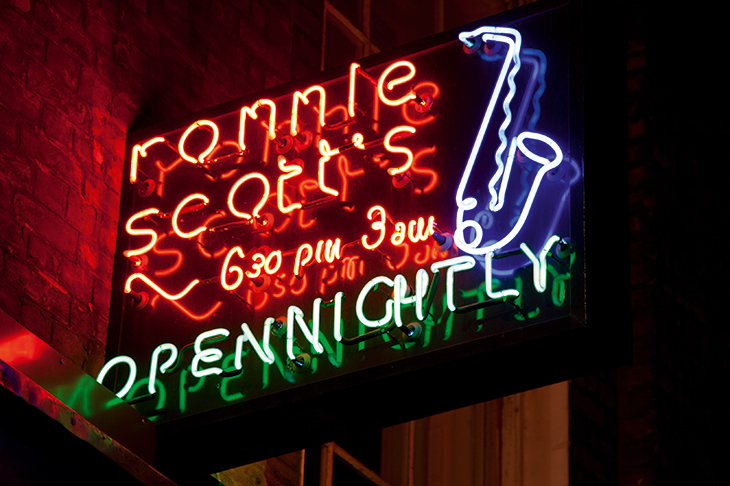
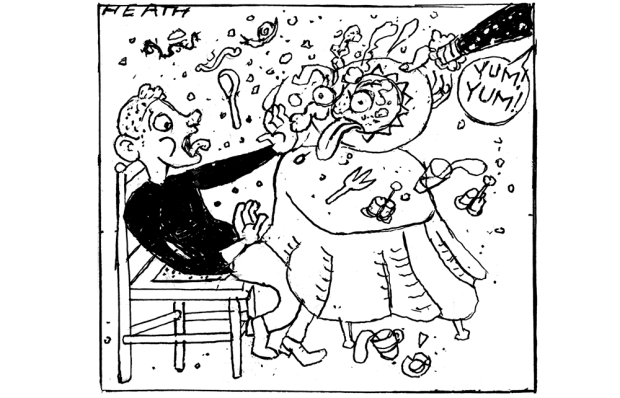
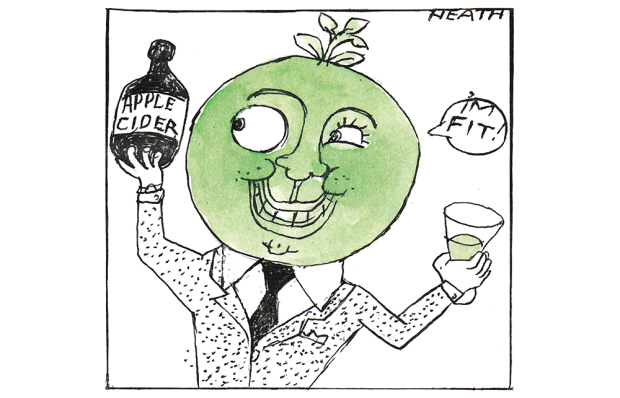
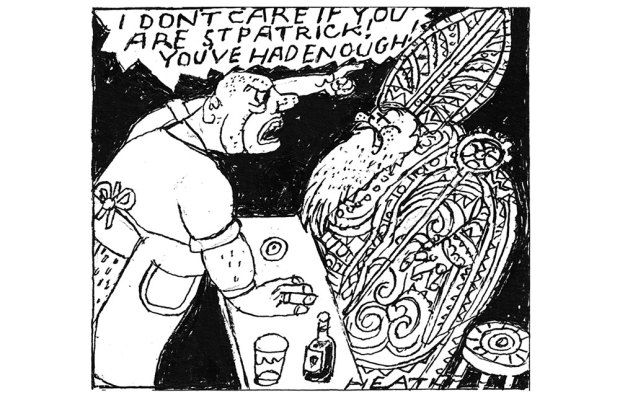
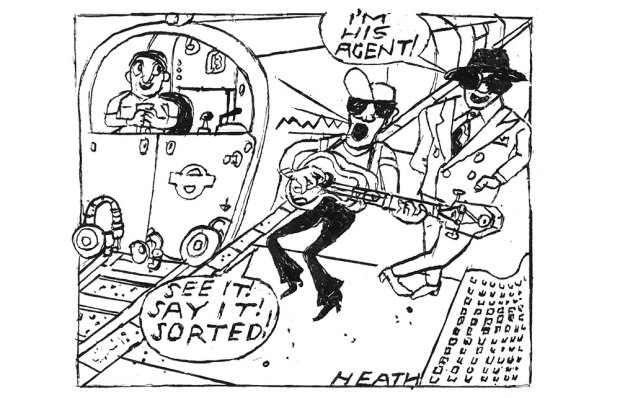
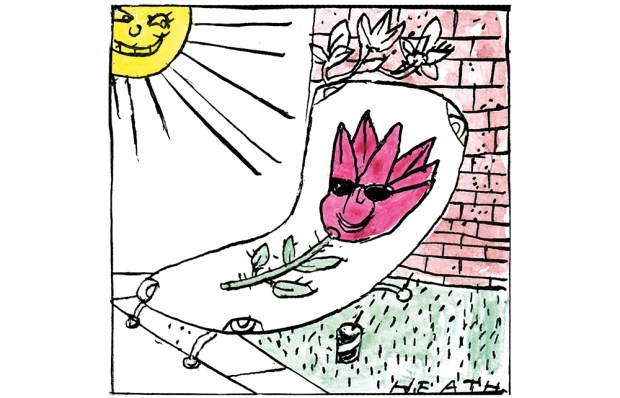
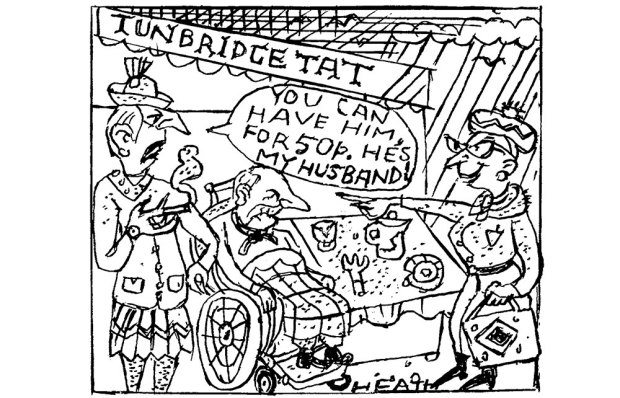






Comments
Don't miss out
Join the conversation with other Spectator Australia readers. Subscribe to leave a comment.
SUBSCRIBEAlready a subscriber? Log in